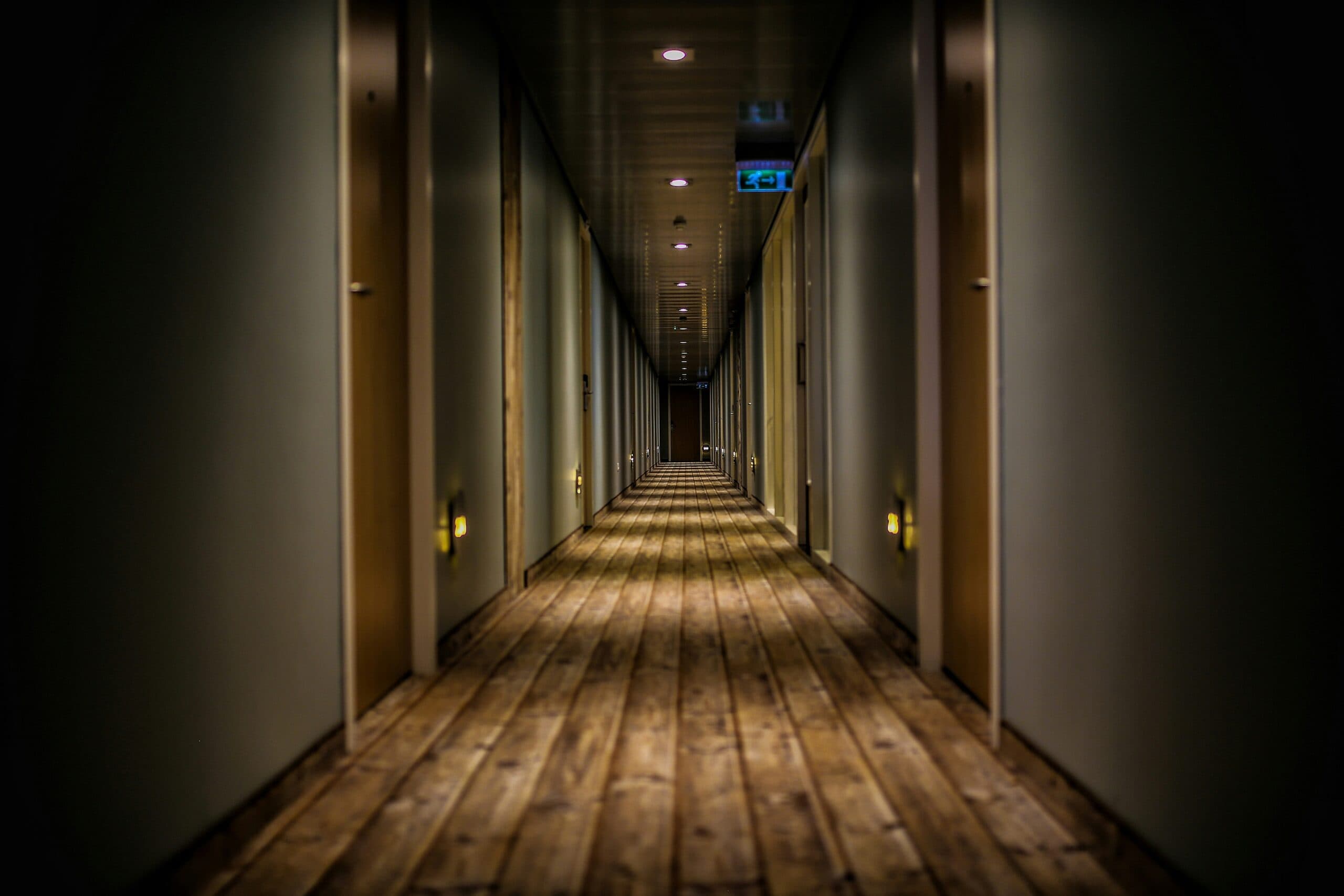
For many families, the decision to move a loved one into an assisted living facility is a difficult one. They trust these facilities to provide a safe and supportive environment for their family member’s needs.
A skilled nursing facility is supposed to take care of the clients like family. However, what happens when that trust is broken and the “skilled nursing facilities” fail to do their job?
Can you sue an assisted living facility for negligence? Or is getting the financial compensation possible for elder abuse possible? Let’s explore this question, along with the services provided in assisted living facilities, best practices, and situations that lead to lawsuits.
Understanding Assisted Living Facilities
Assisted living facilities are residential communities that provide support to individuals who need assistance with activities of daily living (ADLs), such as:
- Bathing
- Dressing
- Medication management.
These facilities offer a level of care between independent living and skilled nursing care, providing residents with varying degrees of independence. However, the assisted living center is responsible for more than just this according to law. The Nursing Home Reform Act covers most of the laws revolving such scenarios.
Services Provided in Assisted Living Facilities
Assisted living facilities offer a range of services tailored to meet the needs of their residents. These services often include:
- Assistance with ADLs
- Meal preparation and dining services
- Medication management
- Transportation assistance
- Housekeeping and laundry services
- Social and recreational activities
- Health and wellness programs
Most of these services also provide free consultation for elders but the nursing home staff members might still be a bit questionable. Nonetheless, if the nursing home neglect leads to an injured resident, it is a serious crime.
Situations Leading to Lawsuits Against Assisted Living Facilities
Despite best efforts, assisted living facilities may sometimes fall short in providing adequate care, leading to situations that result in lawsuits. These lawsuits are usually from nursing home patients or their next to kin while in an assisted living home. Some common reasons for legal action include:
Negligent hiring practices:
Facilities may hire staff without proper qualifications or background checks, leading to inadequate care.
Medical neglect:
Failure to provide necessary medical care, including administering medication, monitoring health conditions, and responding to medical emergencies.
Physical or emotional abuse:
Mistreatment of residents by staff members or other residents, including physical assault, verbal abuse, or neglect.
Unsafe premises:
Failure to maintain a safe environment, leading to slip and fall accidents, injuries from faulty equipment, or other hazards.
Medication errors:
Administering the wrong medication or dosage, leading to adverse reactions or health complications.
Inadequate supervision:
Lack of oversight, resulting in assisted living facility residents wandering off, falling, or experiencing other preventable accidents.
Who Is Liable for Negligence in Assisted Living Facilities?
Determining liability in cases of negligence can be complex and may involve multiple parties, including:
- The facility: Assisted living facilities have a duty to provide a safe environment and proper care for their residents. If they fail to fulfill this duty, they may be held liable for any resulting harm.
- Staff members: Individuals responsible for providing care may be held personally liable if their actions or negligence contribute to harm.
- Third-party contractors: If the facility contracts services such as maintenance or medical malpractice to outside parties, those parties may share liability for negligence.
Proving Liability and Negligence
To successfully sue an assisted living facility for negligence, plaintiffs must establish four key elements:
- Duty of care: The facility owed a duty to the resident to provide a safe environment and adequate care.
- Breach of duty: The facility failed to fulfill its duty through negligent actions or omissions.
- Causation: The facility’s breach of duty directly caused harm or injury to the resident.
- Damages: The resident suffered measurable harm or damages as a result of the facility’s negligence.
Can You Sue an Assisted Living Facility for Negligence?
Yes, you can sue an assisted living facility for negligence if you believe they have failed to meet the standard of care owed to your loved one. Taking legal action can help hold the facility accountable for its actions and seek compensation for damages.
How to Sue an Assisted Living Facility for Negligence
If you’re considering legal action against an assisted living facility, here are the steps you should take:
- Gather evidence: Collect documentation, such as medical records, incident reports, and witness statements, to support your case.
- Consult an attorney: Seek the advice of an experienced attorney who specializes in elder law or personal injury cases. They can evaluate your situation and help determine the best course of action.
- File a complaint: Your attorney will help you file a complaint with the appropriate regulatory agency or court.
- Negotiate or litigate: Your attorney will represent you in negotiations with the facility or proceed with litigation if a settlement cannot be reached.
- Seek compensation: If successful, you may be awarded compensation for medical expenses, pain and suffering, emotional distress, and other damages.
Who Can Sue for Assisted Living Facility Neglect?
In cases of assisted living facility neglect, various parties may have legal standing to sue, including:
- The resident: If the resident is mentally competent, they can file a lawsuit on their own behalf.
- Family members: Spouses, children, or other relatives who have legal guardianship or power of attorney for the resident may sue on their behalf.
- Estate representatives: If the resident has passed away due to negligence, the executor or administrator of their estate may file a wrongful death lawsuit.
What Damages Can You Seek in an Assisted Living Facility Lawsuit?
In a lawsuit against an assisted living facility, plaintiffs may seek both economic and non-economic damages, including:
- Medical expenses: Costs related to medical treatment, rehabilitation, and ongoing care.
- Pain and suffering: Compensation for physical pain, emotional distress, and loss of enjoyment of life.
- Loss of consortium: Damages for the loss of companionship, support, and services of a loved one.
- Punitive damages: Additional compensation awarded to punish the facility for particularly egregious conduct and deter future misconduct.
How an Attorney Can Help You in an Assisted Living Facility Negligence Case
When facing the challenging and emotional situation of a loved one suffering harm or injury due to negligence in an assisted living facility, having the support and guidance of an experienced attorney can make a significant difference. Here’s how an attorney can help you navigate this complex legal process:
- Legal Guidance and Expertise: An attorney offers tailored legal advice, assesses your case’s strength, and explains your legal options, ensuring you understand your rights and the path forward.
- Investigation and Evidence Collection: Attorneys conduct thorough investigations, gathering medical records, witness statements, and facility policies to build a strong case supported by evidence.
- Negotiation with the Facility and Insurance Companies: They negotiate with the facility and insurance companies to secure a fair settlement for your damages, using legal expertise to maximize compensation.
- Representation in Legal Proceedings: Attorneys represent you in court, handling all legal paperwork, advocating for your rights, and presenting evidence before a judge or jury.
- Protection of Your Rights: They act as your advocate, ensuring your rights are safeguarded throughout the legal process, and holding the facility accountable for their actions.
- Maximizing Compensation: Attorneys work tirelessly to maximize compensation, ensuring all economic and non-economic damages are accounted for, including medical expenses and loss of quality of life.

Pursue Justice for Your Loved Ones with BLG
While assisted living facilities play a crucial role in providing care and support to seniors and individuals with disabilities, they are not immune to negligence. If you believe your loved one has been harmed due to the assisted living facility’s negligence, you have the right to seek legal recourse. By understanding your rights and the legal process, you can take steps to hold the facility accountable and seek justice for your loved one. If you need assistance, don’t hesitate to reach out to an experienced attorney for guidance.
At BLG, we’re here to fight for your rights and hold the facility accountable for its actions. With our experienced attorneys by your side, you can seek the justice and compensation your loved one deserves.
Contact us today for a free consultation.
FAQs
What is an example of neglect in a nursing home?
An example of nursing home negligence could be residents not receiving proper hygiene care, such as being left in soiled clothing or bedsheets for extended periods.
What is a disadvantage of an assisted living facility?
A disadvantage of an assisted living facility is the potential for limited medical care compared to a nursing home, as they often do not have round-the-clock medical staff.
What three key challenges should be considered when looking at an assisted living facility?
Three key challenges to consider when looking at an assisted living facility are the cost of care, the level of independence desired by the resident, and the availability of specialized services such as memory care or physical therapy.
What is the most common abuse in nursing homes?
The most common nursing home abuse is often cited as neglect, which includes failure to provide necessary care, hygiene, or supervision, leading to harm or endangerment of residents.





